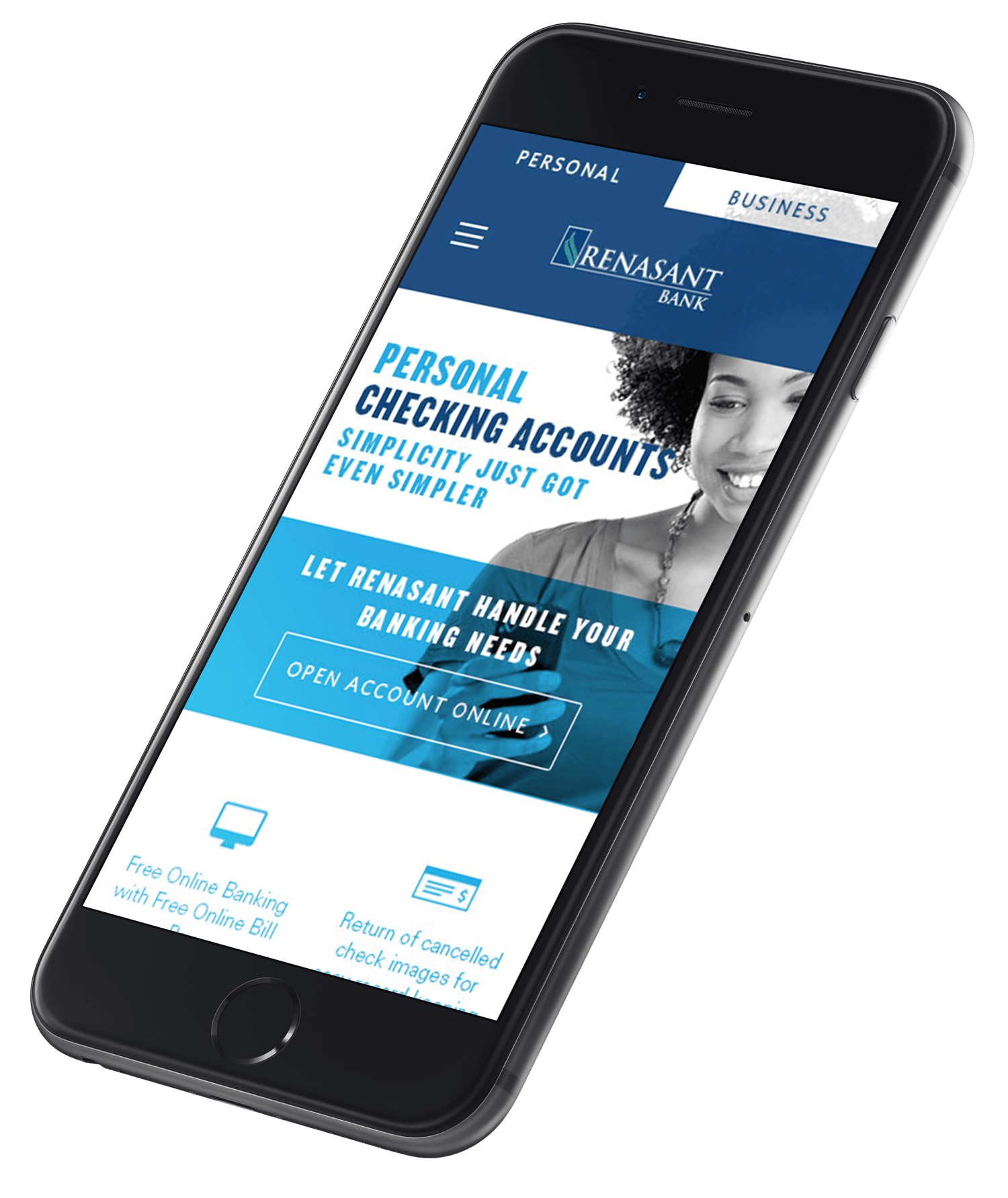Sometime between two years and 10 years ago, we all sat down and created our “2020 Vision Plan.” Combining long-term vision meetings with a pun loaded with meaning—what’s not to love?
Well. Lots, as it turns out.
When we set out to create focus and clarity that comes from “2020 Vision,” we couldn’t have imagined how this year would roll out.
2020 rolled out unlike anything we’ve ever seen.
We faced new challenges.
We sustained.
We survived.
Tragically, many did not.
Our collective psyche and commerce will bear the scars of 2020 for years to come.
However, we did receive some clarity in 2020.
We might not understand COVID-19, but the pandemic led to a better understanding of a few core issues in our country. As we sit down to make our 2021 resolutions and plan for a new year in banking, these are important principles on which we should reflect.
1. We’re All in This Together
This was the rallying cry of early 2020. Every reassuring corporate message contained this phrase. And it was correct. For the first time—due to an overlap of individualized mass communication and the anxiety of the pandemic—we could confirm that we all felt the same way. The dread, fear, and confusion you felt? Within a couple of clicks, you could see that others had the same concerns, questions, and worries. Our feelings were common across the whole country (if not the world). I suspect this was the first time some folks felt empathy. It was a rare singularity, but alas, this soon passed.
2. We’re a Country Divided
By the second half of the year, we were firmly back into division—and clearly divided into two sides. We clearly have issues that will persist with social unrest around race relations in our country. The wealth gap will continue to be an issue. Also, we realized we had to elect a president this year. By September, everything was politicized. The simple act of wearing a mask became a lightning rod of political opinion (instead of the guidance of medical professionals).
- “Go Vote” became the message of the season—again blared in corporate messaging. The urge seemed to be more about volume of votes than ideals. It worked. 2020 was a record turnout. And this only cemented how divided we are. The two sides of American politics are almost equal in size. They’re also opposite in belief. There is little common ground, and the moderate middle is desolate. Discourse from both our major parties is as adamant as it is dismissive: believe what we believe, or you’re wrong. Listen to any political pundit, and you’ll find it hard to conceive that an almost-equal number of Americans believe the opposite viewpoint. We live in a country with stark and opposing ideologies.
We faced these two issues as a nation. But our industry received some clarity, too.
1. We Didn’t Have the Technology We Needed
We didn’t have the technology we needed. When we couldn’t conduct business-as-usual, our technological deficiencies showed. And it was pervasive. Those who dragged their feet on electronic signature software found themselves scrambling. Banks that didn’t adopt an online account opening solution were dead in the water. Even small things like communicating with personnel was hindered because tellers didn’t have robust enough equipment to participate in teleconferences. While we all hope that this pandemic is an anomaly, the shortcomings of those banks behind the curve were thrown into sharp relief. Many, many small banks missed the opportunity to add new clients while at the mercy of circumstances outside any control. This is particularly poignant because the average consumer heard about the benefits of community banks.
2. Little Banks Can Beat Big Banks
The Paycheck Protection Program showed the service gap in banking like no other event, and the nation took notice. Finally, stories that showed the strength of not only banks, but community banks, dominated the airwaves. News outlets reported occurrence after occurrence of community banks outperforming their larger counterparts. Megabanks had megaproblems while community banks leaned on their natural strengths: people and service. Kudos to all those bankers who worked long nights and weekends to keep our country running. The country noticed, and big banks are no longer the obvious, assumed choice.

After planning for a year that turned out to be anything but predictable, putting down a plan for 2021 will be difficult. I can’t plan for your bank, but each of these items is clear and unlikely to change in the coming year. Here are a few ideas around each:
- Embrace Empathy: “We’re all in this together” has worn out its welcome as a message, but that doesn’t change the reality of our situation. We withstood the brunt of the pandemic, but the fallout will continue for years to come. There will be a new normal, and it has not yet arrived. As you look at 2021 messaging, take into consideration that you’re talking to a group of people who’re still seeking answers. Also, keep in mind that finances were an already stressful part of most American’s lives. They’re looking to anyone for answers—especially financial institutions. Whether or not you want to proactively plug in with answers or reassurance is up to you and how your bank approaches the market. This is a “read the room” moment spread across an entire year, so be sure to meet your audience with empathy.
- Find Common Ground: You have a political opinion. I have a political opinion. These are deeper and wider than a presidential election. They might be the same. They might be different, but it really shouldn’t affect how we do business. It will be difficult, but we must look to build bridges in the coming year—wherever and however possible. Remember: we’re all in this together. We’re all trying to make sense of a confusing world.
- Upgrade: It’s time to make certain your technology is on a path to keep pace with the times. There is no excuse for being behind any longer. Don’t skip the due diligence but press forward with urgency and haste. Make certain you’re not too late again.
- Use Your Momentum: More people are considering community banks than ever before, but that doesn’t make your job a lot easier. You still have thousands of institutions of like size vying for that business. Know that brand matters, and all that entails: name, visuals, and messaging. The best advertising is built on a strong foundation of brand. Also, know that one of our strengths as community banks takes a hit in quarantine. It’s hard for our employees to do what they do best, so you must rely on outbound media to share your brand message. This might be as simple as a letter written to reach out and check in on clients or as complex as an omnichannel media approach. Just keep in mind that you have momentum, but it’s up to you to use it.
No matter what happens, I continue to be proud to belong to such a resilient industry. Our community banks continue to provide the financial underpinning for our country. I hope you take




